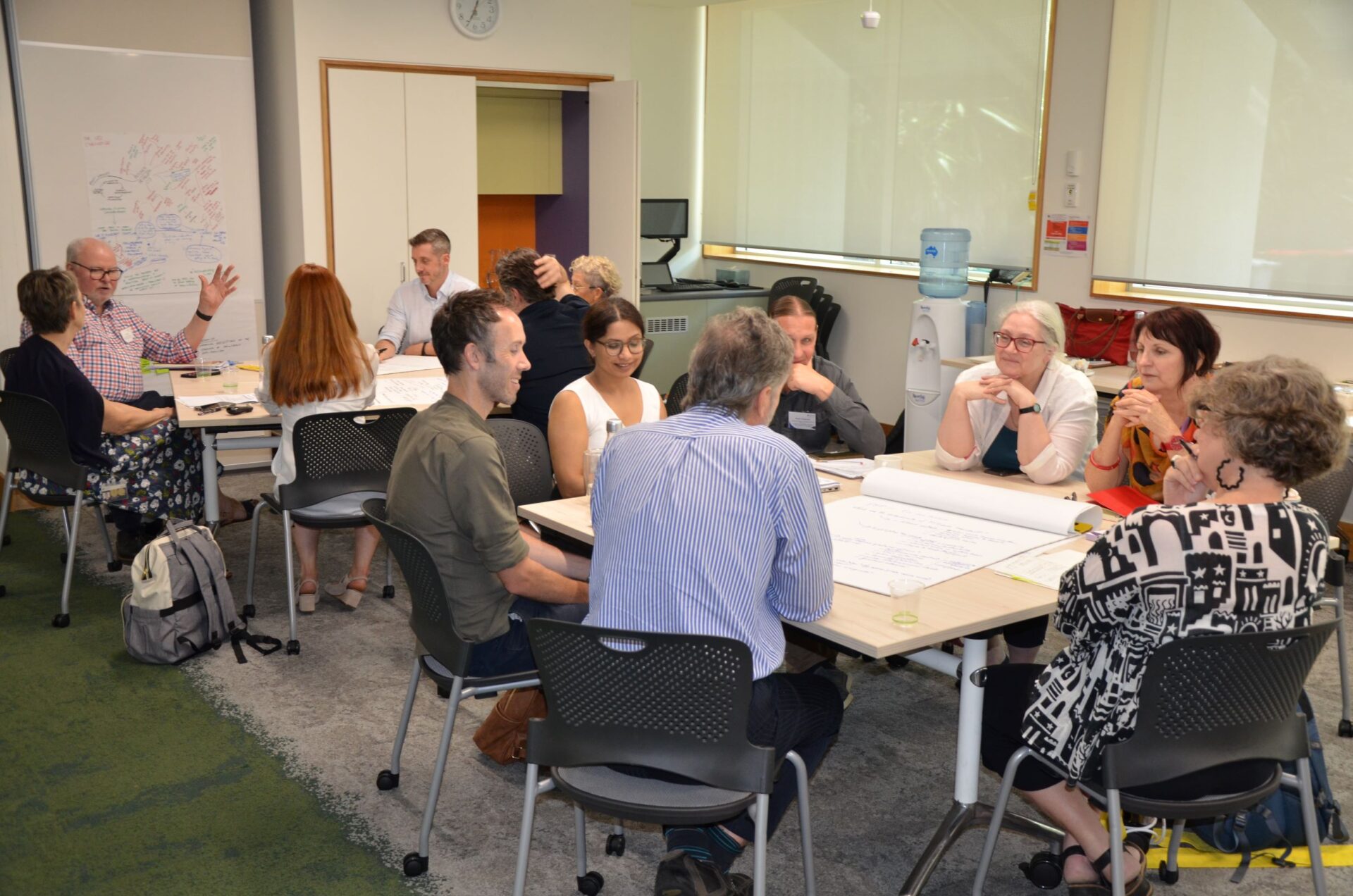A guide to: Knowledge Exchange Fellowships within ESRC’s IAA
Aims:
The aim of the Knowledge Exchange Fellowships is to give academics the opportunity to enhance co-produced long term/sustainable knowledge exchange interactions between external organisations and the University through staff mobility.
Key features:
- An opportunity for academic staff to work with a non-academic partner at their site, or for a non-academic partner to work on a project at the University (or a mixed approach).
- For 12 months on either a full-time or part-time basis.
Why get involved?
Knowledge Exchange Fellowships are aimed to enhance or sustain relationships with organisations aimed at delivering impact from projects. Benefits for academics can include:
- Potential new publications, and REF and KEF case studies
- Chance to apply knowledge in relevant sectors
- Access to new collaborations
- Build strategic enterprising collaborations
- Develop new and sector relevant teaching material
- Leverage new funding
- Help to develop IP
Examples of recent Fellowships:
Long Covid patient reported app helps overcome socio-economic barriers - Leeds Social Sciences Institute
Long Covid is a new public health burden that affects more than 2 million people in the UK alone. The condition reduces quality of life and has financial implication on country’s economy. This fellowship built on a successful collaboration established during the pandemic between frontline clinicians from the University of Leeds and a digital health company to develop the world’s first validated interactive digital platform for the management of Long Covid.
Improving employment conditions and labour market engagement for people with chronic energy limiting conditions - Leeds Social Sciences Institute
This Knowledge Exchange Fellowship enabled staff from the Chronic Illness Inclusion Project to join Leeds University Business School as a Fellows, on a job share basis for six months. People with energy limiting chronic illness are a large but hidden section of the disabled population in the UK. This fellowship enabled greater advocacy to develop for the transformation in social security and labour market policy to bring positive quality-of-life implications for people with energy limiting chronic illness.
People and Place as enablers of Transport Decarbonisation - Leeds Social Sciences Institute
The UK’s plan for decarbonisation of the UK transport network needs to recognise that behaviour change is necessary if we are to meet carbon targets; people and place therefore need to be at the centre of transport decarbonisation. This fellowship brought together partners with communities and public and private sector actors to test the extent to which design of the built environment can reinforce low-carbon travel behaviour and adaptability to future climate changes.
Optimising the FOOD FIT Online Game App to Promote the Acquisition of Skills and Knowledge in Nutrition and Healthy Food Choice Behaviours Among Users - Leeds Social Sciences Institute
There is wide recognition that nutrition information labelling on food packaging can be positively used to increase consumers’ understanding of healthy foods. This fellowship enabled University Practitioners/academics to apply the current evidence-base in the areas of nutrition/food labelling and game-based learning technologies whilst working in partnership with developers to optimise the game App “Fit Food”, which seeks to increase understanding of health foods.
How does the funding work?
Funding is available for up to £10k, which can be used for project consumables, training and development, travel, and subsistence. The funds cannot be used to cover academic salary costs. Eligible cost details can be seen here Eligible Costs - Leeds Social Sciences Institute.
How to apply?
There are 4 submission dates per year, the next deadline dates are:
| Deadline Date | Panel Meeting | Decisions by |
|---|---|---|
| 4th June 2025 | w/c 16th June 2025 | 27th June 2025 |
| 3rd September 2025 | w/c 15th September 2025 | 26th September 2025 |
| 26th November 2025 | w/c 8th December 2025 | 19th December 2025 |
| 4th March 2026 | w/c 16th March 2026 | 27th March 2026 |
For further details click here, or contact Cheryl Harris, LSSI Institute Manager c.a.harris@leeds.ac.uk

